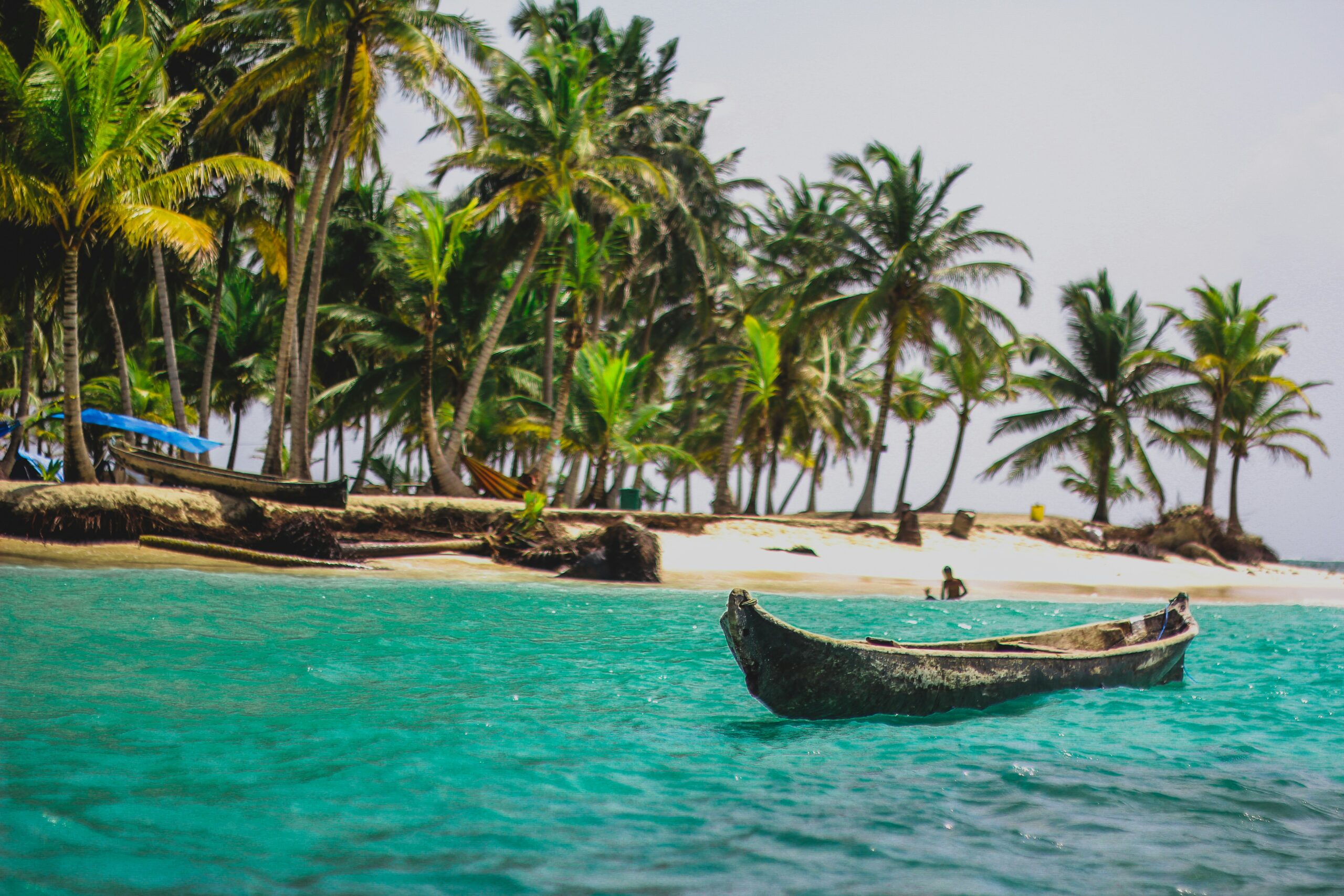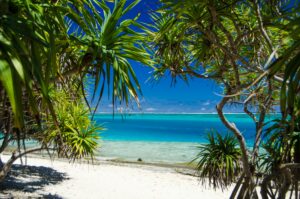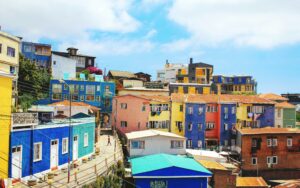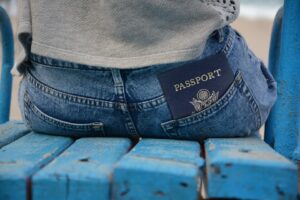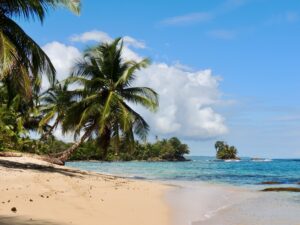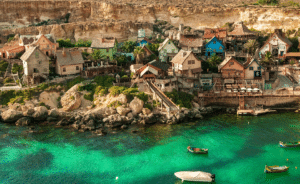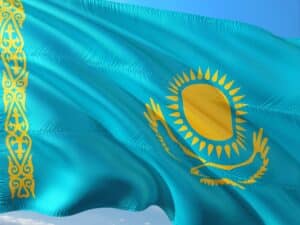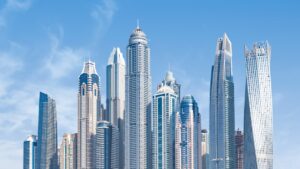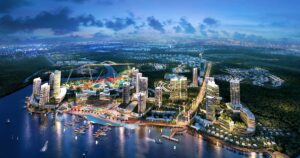- The Panama Friendly Nations Reforestation Visa offers a unique pathway to residency and citizenship for citizens of the United States, United Kingdom, European Union, and other eligible countries.
- By investing a minimum of $20,000 in the agricultural or aquaculture sector, individuals can qualify for a temporary residency visa, which can later be converted to permanent residency.
- The investment must align with projects deemed of national interest by the Ministry of Agricultural Development. This initiative is part of Panama’s broader efforts to encourage sustainable development and foreign investment.

Eligible Nations for the Reforestation Visa
Citizens from 50 friendly nations are eligible to apply for the Panama Friendly Nations Reforestation Visa. These countries include:
Andorra, Argentina, Australia, Austria, Belgium, Brazil, Canada, Chile, Costa Rica, Croatia, Cyprus, Czech Republic, Denmark, Estonia, Finland, France, Germany, Great Britain, Greece, Hong Kong, Hungary, Ireland, Israel, Japan, Latvia, Liechtenstein, Lithuania, Luxembourg, Malta, Mexico, Monaco, Montenegro, Netherlands, New Zealand, Norway, Paraguay, Poland, Portugal, Korea, San Marino, Serbia, Singapore, Slovakia, South Africa, Spain, Sweden, Switzerland, Taiwan, Uruguay, USA
This diverse list reflects Panama’s inclusive approach to international collaboration and investment.
Investment Requirements and Benefits
To qualify, investors must place a minimum of $20,000 in an approved reforestation project certified by the Panamanian government. This investment can be made personally or through a corporation or foundation. After two years of temporary residency, applicants can apply for permanent residency.
Additionally, after five years of residency, individuals are eligible to apply for citizenship and a Panamanian passport, which allows visa-free or visa-on-arrival access to 140 countries. This pathway not only facilitates global mobility but also provides a stable and advantageous residency option for investors.

Application Process and Documentation
The application process for the Panama Friendly Nations Reforestation Visa requires several key documents. Applicants must submit a complete copy of their passport, notarized by a Panamanian notary, a police record or criminal record certification, a medical certificate, and payments to the national government.
Additionally, all documents from abroad must be legalized either by a Panamanian consul or duly apostilled. For those investing through a public limited company, further certifications and financial statements are necessary. Given the complexity and length of the process, it is advisable to seek legal assistance to ensure all requirements are met accurately and efficiently.

Residency Benefits and Tax Considerations
Becoming a resident of Panama offers significant tax benefits, especially for those operating businesses abroad. Panama’s territorial tax system only taxes income earned within the country, which can be advantageous for expatriates. The United States is moving towards a residency-based tax system, making Panama’s residency options increasingly attractive for U.S. citizens. The Panama Friendly Nations Reforestation Visa provides a straightforward method to establish residency and enjoy these tax benefits, particularly when transitioning from the 330-day test to the residency test for the Foreign Earned Income Exclusion.
Practical Considerations and Legal Advice
Applicants for the Reforestation Visa must be physically present in Panama during the application process and adhere to specific dress codes when visiting the National Immigration Service offices. The process involves repeated submission of documentation over several years, emphasizing the need for meticulous planning and legal guidance. Potential residents should prepare for an extended stay in Panama during the final stages of the application to complete all necessary formalities.
